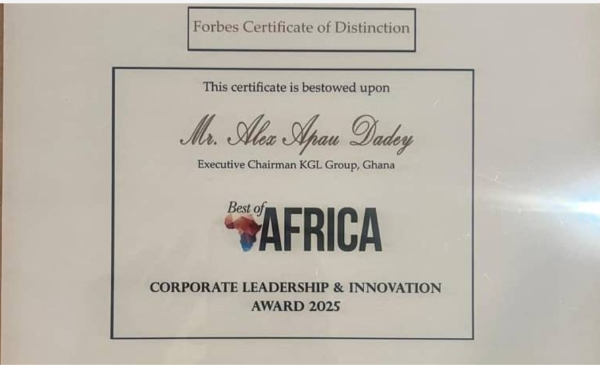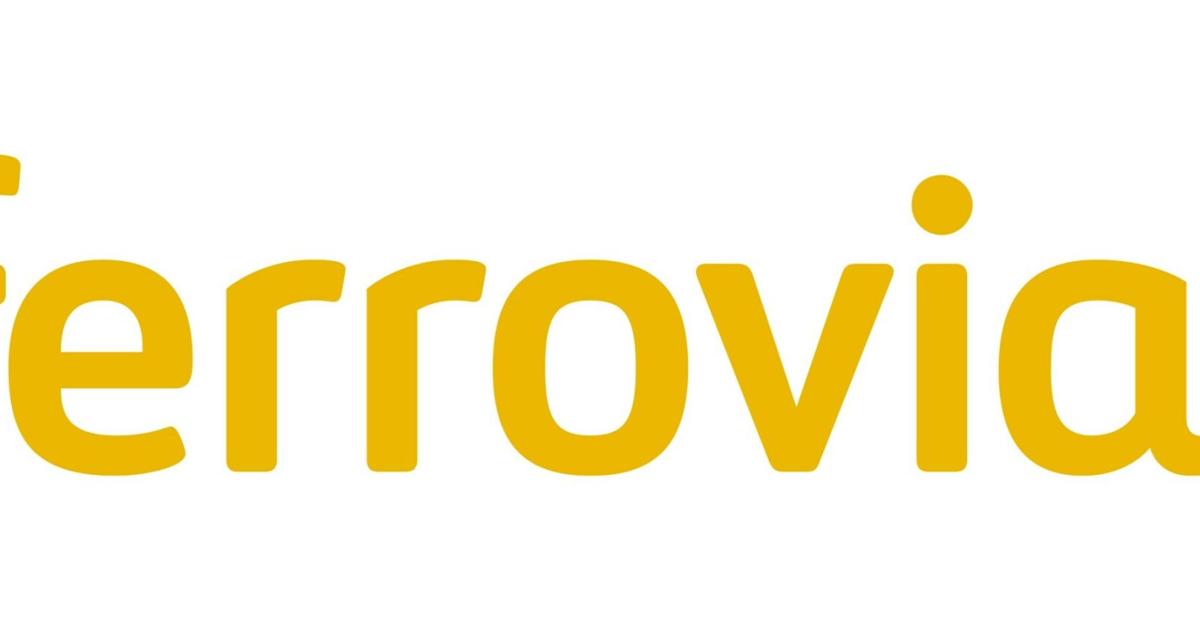Copyright hoodline

A New York City biotech startup is reviving one of medicine's most controversial debates: whether scientists should edit the genes of human embryos to prevent inherited diseases. Manhattan Genomics, founded by entrepreneur Cathy Tie and researcher Eriona Hysolli, Ph.D., announced today it's assembling a team to pursue what many consider the holy grail—and third rail—of genetic medicine. Tie dropped out of college at 18 as a Thiel Fellow and spent years building her first genomics startup in San Francisco's IndieBio accelerator before later joining SF-based Cervin Ventures as a partner. Now, she's back to tackle an even bigger challenge on the opposite coast. The timing couldn't be more provocative. It's been seven years since Chinese scientist He Jiankui shocked the world by creating the first gene-edited babies, an experiment that NPR reported landed him in prison for three years for violating medical regulations. Now, a startup operating openly on Manhattan's Upper East Side wants to prove that what He did in secret can be done safely, ethically, and transparently in the United States. The Upper East Side Connection "This is our generation's Manhattan Project," Tie said in a statement released today. "To ensure no child inherits a preventable genetic disease." The company—originally called the Manhattan Project when it launched in August—has recruited Dr. Norbert Gleicher, medical director of the Center for Human Reproduction at 21 East 69th Street, as a key scientific contributor. Tie told NPR that "we want to be the company that does this in the light, with transparency and with good intentions." Gleicher's clinic serves a large population of IVF patients over 40, and he told WIRED that his patients "frequently ask why it's not yet possible to 'improve' or 'fix' embryos." The company is also working with John R. Quain, an ethics fellow at Mount Sinai's Icahn School of Medicine. "Our goal is to reduce suffering for the families facing these inherited mutations in a way that is scientifically rigorous and ethically sound," Quain said in the company's announcement. Why This Article Now This story gains urgency from Manhattan Genomics' formal announcement today of its full scientific team, marking the company's transition from concept to active operation. The timing also reflects growing momentum in the field—MIT Technology Review reported in June that Coinbase CEO Brian Armstrong announced he's ready to fund a U.S. startup focused on gene-editing human embryos, saying "the time is right for the defining company in the US to be built in this area." A Troubled History The shadow of He Jiankui looms large over this venture, and not just scientifically. Tie was briefly in a relationship with He, and NPR reported in August that "Tie, the Manhattan Project co-founder, was briefly married to He, but says they recently divorced and that he has nothing to do with her new human embryo gene-editing company." He's 2018 experiment used CRISPR to edit the CCR5 gene in twin girls named Lulu and Nana, attempting to make them resistant to HIV. At a Hong Kong conference, he announced that "two beautiful little Chinese girl named Lulu and Nana came crying into the world as healthy as any other babies," NPR reported. But Science reported that a Chinese court found He and two collaborators guilty of conducting "illegal medical practices" and forging ethical review documents. The Scientific Case—and Counter-Case Manhattan Genomics says it will focus on single-gene diseases like Huntington's, cystic fibrosis, and sickle cell anemia, according to today's announcement. The company's scientific team includes Carol Hanna, Ph.D., and Jon Hennebold, Ph.D., directors at Oregon National Primate Research Center, and Stephen Turner, Ph.D., former Head of Genomics Strategy at Colossal Biosciences. Tie told NPR that "there are so many diseases that have no cures and there's not going to be a cure for them for many more decades," adding that "we have the responsibility to talk about this with patients that do have those heritable diseases and see if they want the option to not pass that on to their future generations." The company received more than 150 applications from qualified scientists in the first 24 hours after posting a genome engineer position, according to WIRED. Shoukhrat Mitalipov, Ph.D., the inventor of mitochondrial replacement therapy, said in today's statement that he "strongly support[s] Manhattan Genomic's mission to correct and prevent transmission of genetic diseases." But many scientists question whether embryo editing is even necessary. Kiran Musunuru, a professor of medicine at the University of Pennsylvania, told WIRED that "for mutations that are inherited, in the vast majority of cases they can be addressed by embryo screening rather than embryo editing." Preimplantation genetic diagnosis can already identify embryos with disease-causing mutations during IVF, allowing doctors to select healthy embryos. Fyodor Urnov, a professor at UC Berkeley's Innovative Genomics Institute, expressed concern that interest in human embryo editing is driven by "quasi-eugenics" rather than medical necessity, according to WIRED. "Why is money being poured into this? Because at the end of the day, those who have money want to 'improve' their babies," he said. The Regulatory Gauntlet Human trials face formidable obstacles in the United States. A congressional rider bans the FDA from considering trials involving intentionally modified human embryos used to start pregnancies, as WIRED noted. STAT reported in March that Congressman Robert Aderholt, who first introduced the ban in 2015, continues to support its renewal. But some wonder if the political winds are shifting. Glenn Cohen, a lawyer and bioethicist at Harvard, told NPR that "there's a president who has some advisers and some political forces whispering in his ear that have a decidedly pronatalist bent that are interested in these technologies." He added: "All of that is opening up a moment where some of what would have been unthinkable may now become possible." Just this year, the Alliance for Regenerative Medicine, the International Society for Cell & Gene Therapy, and the American Society of Gene & Cell Therapy called for a 10-year moratorium on heritable gene editing, warning that it "remains far too risky and ethically fraught for clinical use," according to WIRED. A Broader Tech Trend Manhattan Genomics isn't alone in pursuing this controversial technology. NPR reported that there's "a convergence of people who are thinking that they can improve their children, whether it's their children's health or their children's appearance or their children's intelligence, along with people who are comfortable using the newest technologies and people who have the money and the chutzpah, the daring, to try and do this through starting companies," according to Alta Charo, a lawyer and bioethicist from the University of Wisconsin. MIT Technology Review reported that Coinbase CEO Brian Armstrong posted on X that he's looking for scientists to build what could become "the first major commercial investment" in embryo editing. Another startup, Bootstrap Bio, is also seeking funding for human embryo editing, according to WIRED. Dr. Paula Amato, who works on embryo editing at Oregon Health and Science University, told NPR that private investment would be "welcome in the field," noting that the NIH typically doesn't support human embryo research. However, she emphasized that safety must be "the top priority" and that efforts should "at least initially" focus only on editing out diseases. Some investors are explicit about going beyond disease prevention. Malcolm and Simone Collins, vocal pronatalists funding reproductive technologies, told NPR they support parents' rights to "give their children every privilege they can." Simone Collins said that "if people would like to start to do that at a genetic level, they should have every right to do so." Jeffrey Kahn, director of the Berman Institute of Bioethics at Johns Hopkins University, told WIRED he has concerns about heritable gene editing bypassing academic research and being taken up by tech startups. "Research might be slower or less efficient in academia, but it requires institutional oversight and the restrictions that come with government funds," he said. Some researchers, however, welcome private investment. Dr. Paula Amato, who works on embryo editing at Oregon Health and Science University, told NPR that "NIH doesn't typically support human embryo research, so if the technology bros are interested, that would be welcome in the field"—as long as they make safety the top priority and initially only try to edit out diseases. The Ethical Minefield A 2020 report from an international commission convened by the U.S. National Academy of Medicine, the U.S. National Academy of Sciences, and the UK's Royal Society recommended that gene-edited human embryos should not be used to create pregnancies until scientists can prove they can make precise genomic changes reliably without introducing undesired changes, according to WIRED. The committee didn't propose an outright ban but recommended "extensive societal dialogue" before any country permits its use. Hank Greely, a bioethicist at Stanford, warned NPR that Silicon Valley's approach could be dangerous. "Move fast and break things has not worked very well for Silicon Valley in health care because when you talk about reproduction, the things you are breaking are babies," he said. "And I think that makes it even more dangerous and even more sinister." The safety concerns are real. STAT reported that CRISPR can cause "off-target effects"—inadvertently cutting unintended regions of the genome, which could lead to cancer or other health problems. He Jiankui's twin girls were born with "a mess of random edits," and sequencing showed the babies' cells carried different types of mutations, according to the publication. Keith Joung, a gene-editing pioneer at Massachusetts General Hospital, told STAT that proving CRISPR could be safely used to alter human embryos would be "very very challenging, if not impossible." Different cells express different sets of genes, so if CRISPR makes an error, "it would be hard to predict what the impact of that error would be in the brain versus, say, the heart," the publication reported. The Money Question Manhattan Genomics has not disclosed its investors or how much it has raised, though Tie told WIRED that Armstrong is not an investor in her company. The fact that multiple tech billionaires and startups are pursuing this technology simultaneously suggests the conversation has shifted from "if" to "how" and "who." Tie told WIRED that after announcing the company in August, "dozens of people with genetic diseases in their families reached out to express their support." She added: "Even though it's not going to be used in the clinic right away, it is still worthwhile to fight to get this to be evaluated seriously by regulators." The company says it plans to follow the recommendations laid out in the international commission's 2020 report and will start with studies in mice before moving to monkeys, with human trials "still many years off," according to WIRED. Whether Manhattan Genomics will succeed in making embryo editing acceptable—or even legal—in the United States remains to be seen. What's clear is that the technology is advancing faster than society's ability to grapple with its implications. The debate is no longer theoretical. It's happening in New York City, right now, with real scientists and real money behind it.



